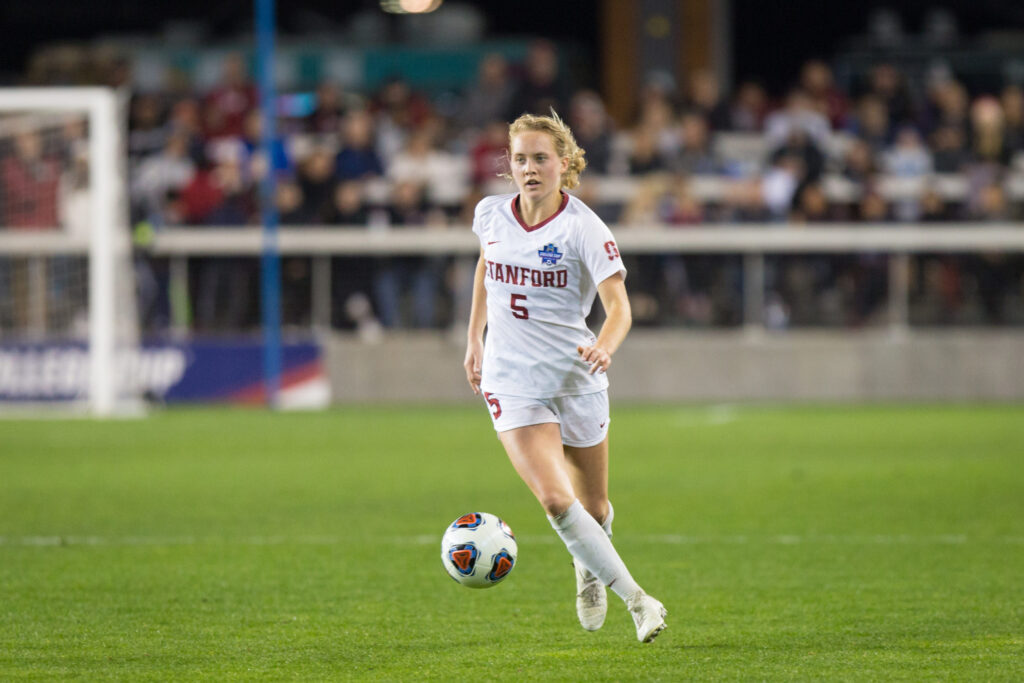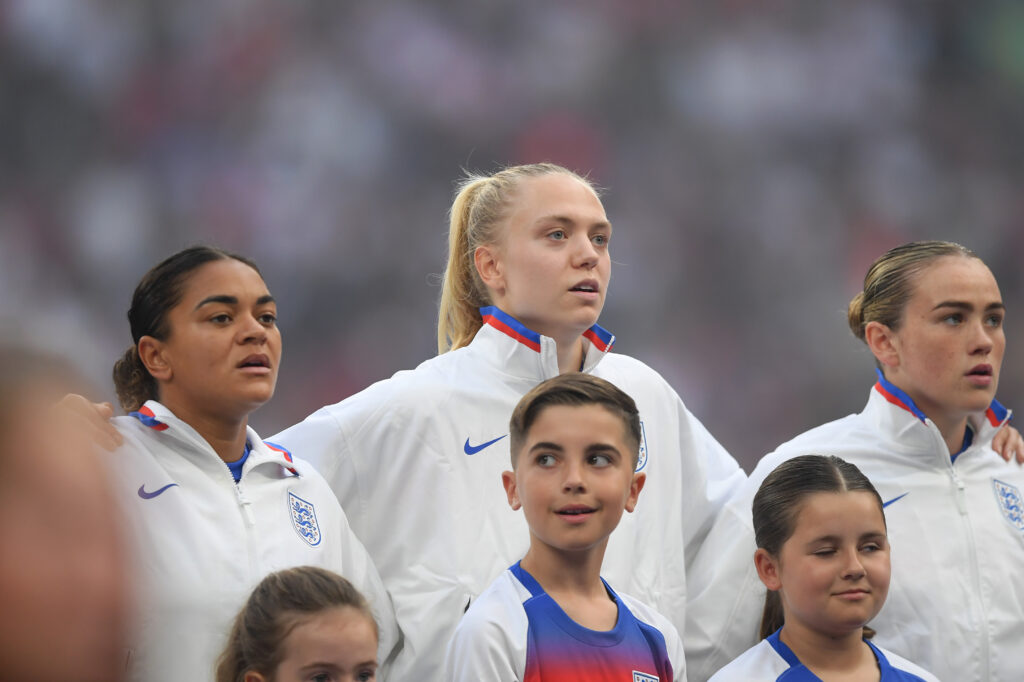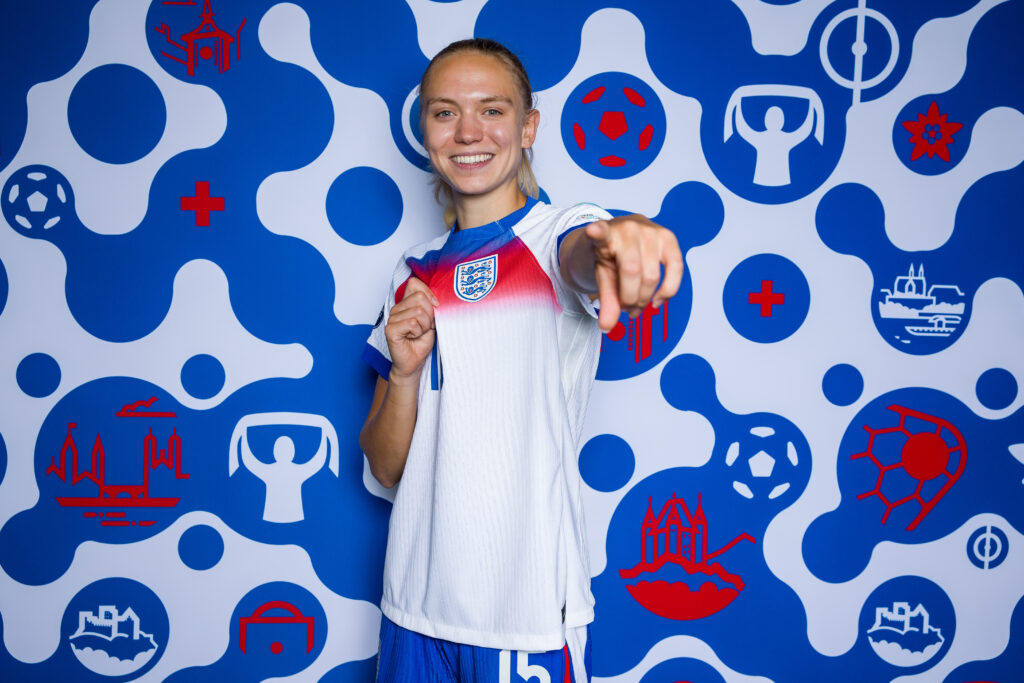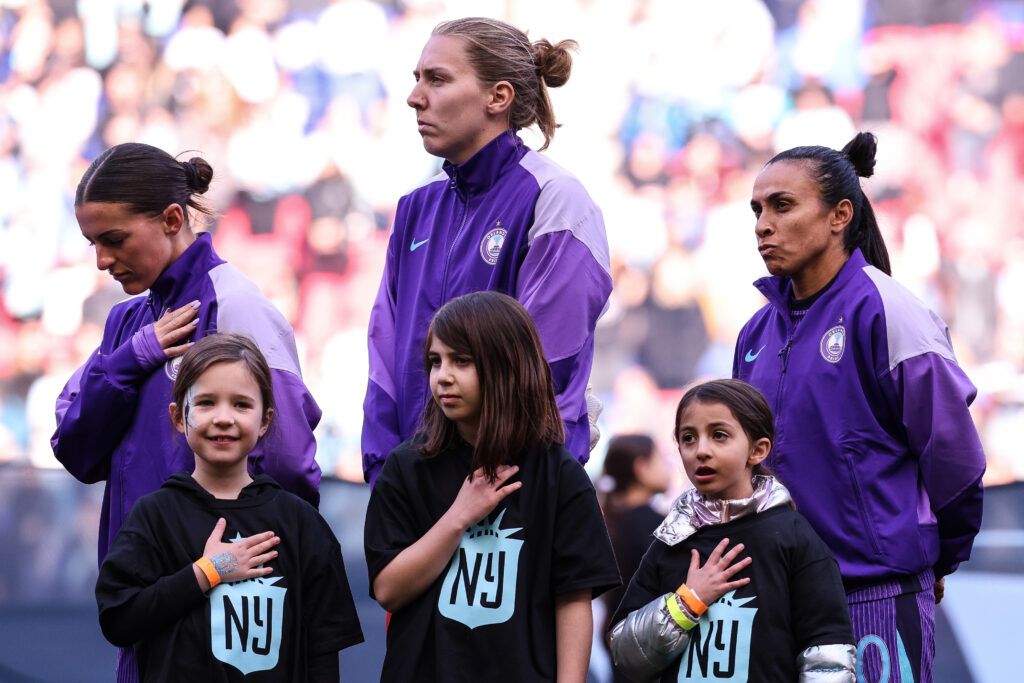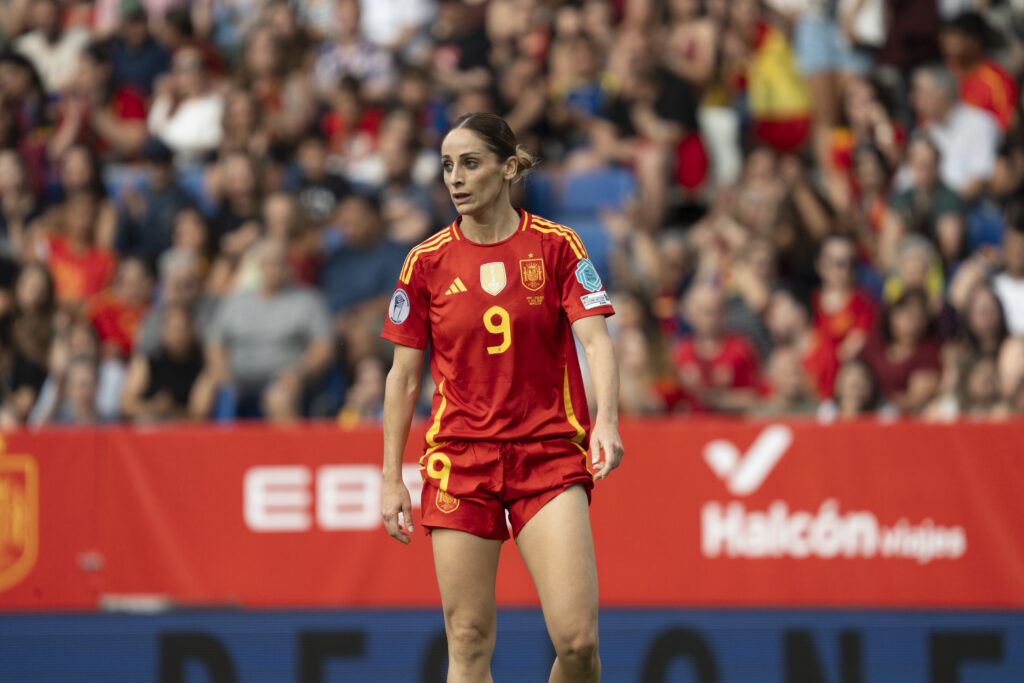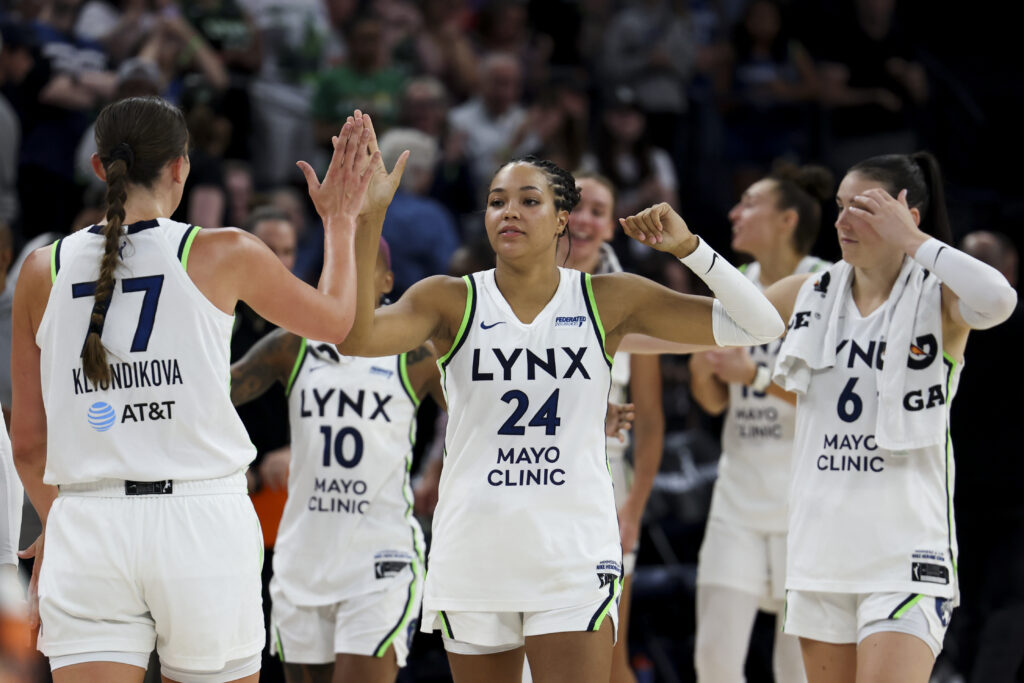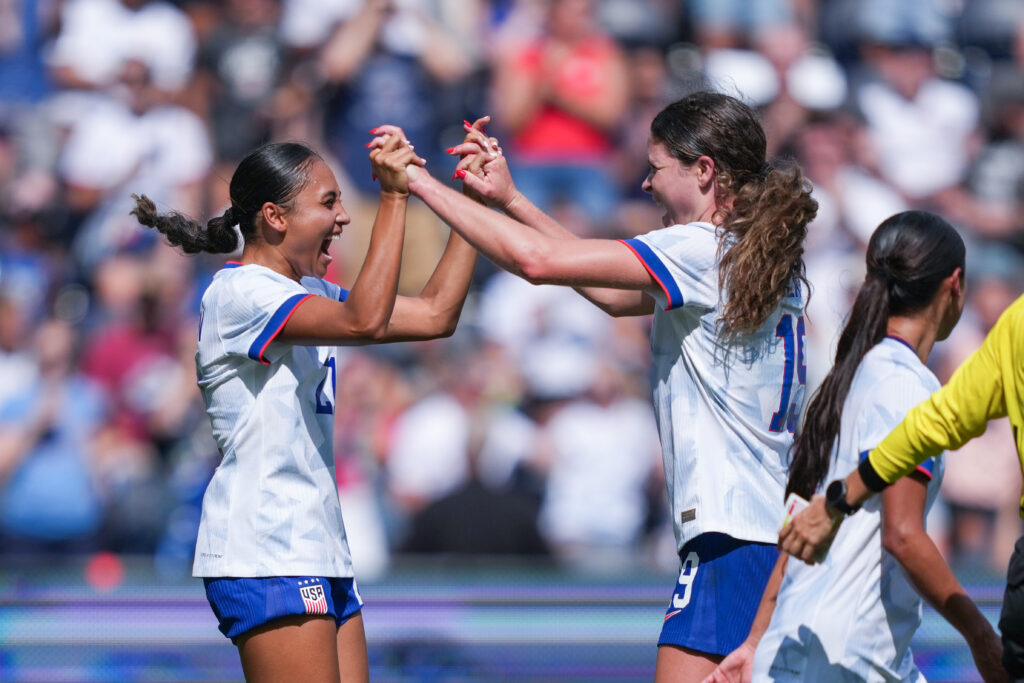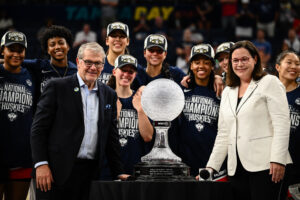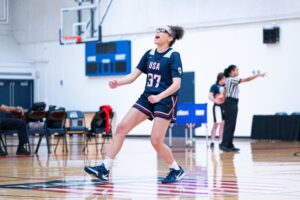Sierra Enge plays midfielder for both Stanford University and the United States U20 women’s soccer team. At Stanford, she was part of the 2019 national champion winning squad that knocked off North Carolina in PKs. Below, in her own words, Enge shares what the last few weeks have been like as an athlete in quarantine.
Six weeks ago, I was in the Dominican Republic playing for the United States U20 women’s soccer team in the CONCACAF final against Mexico. Though we had already qualified for the World Cup to be hosted by Costa Rica and Panama in August, we were determined to win the tournament.
The following day I flew back to Stanford with a first place medal and an entire row to myself on the flight.
I was so happy, I started planning out my next few months while still in the air. We were supposed to have a training camp in Spain in April and two domestic camps in June and July. I knew I had to craft a spring quarter class schedule that would allow for these absences, and I was already trying to communicate my availability to my summer internship.
Fast forward to today, and I am now quarantined at home with my family taking online classes and working out on my own. Like billions of people around the world, I have no idea what the next few months hold. In just a few short weeks, I went from a period of excitement where my biggest stress was figuring out how to manage my time, to a new period of uncertainty and unknown (and plenty of free time).
I do not know when the next US training camp will be, or if the U20 World Cup will happen in August. I do not know when I will be seeing and training with my Stanford teammates again. Simply put, I do not know what the future holds.
My spring season at Stanford has been cancelled and I am now responsible for training and working out on my own while preparing for both a U20 World Cup and my fall college season, both of which are now in doubt. This spring was going to be crucial for our preparation at Stanford. Though we lost some important seniors to graduation, those of us returning are determined to win back to back national championships. Everyone was excited to get after it in spring and set the tone for the upcoming season.
For a team sport like soccer, training together is essential. Movement on and off the ball and some of the finer intricacies of the sport are nearly impossible to work on individually. Perfect cohesion within your 10 person group is required to attack and defend effectively. You can’t practice playing with other people when you’re by yourself. In addition, there is a difference between being in shape and being in soccer shape, and the only way to really be fit for a full 90 minute game is to play in games.

Another important aspect of our team that is gone is the social piece. My Stanford teammates are my sisters. We have so much love for each other and truly enjoy the time we get to spend together. This bond is what makes us click on the field.
In contrast, I’m not as close with my US teammates, as we come from all over the country and all different schools, meaning that having those camps together was going to be vital for us growing closer and bonding as a team. We are on a mission to win the U20 World Cup for our country for the first time since 2012, and we want to do everything possible to give us an advantage.
Not only am I away from my teammates and unable to play in games, but the role of soccer and sports in my life has totally changed. I used to wake up on the weekends to watch Premier League games and break up my homework during the week by watching the Lakers defend Staples Center. This part of my life is now temporarily gone, and I miss watching athletes push themselves and compete to the very best of their abilities.
This time away, however, has made my love for soccer and sports evidently clear. I am eager to be able to turn on the TV again and for there to be so many live sports on, that I have to take a moment to decide which one to watch. I also know that when I finally step back onto the field, I will play with both joy and a newfound appreciation for the sport. When the ball hits my foot in my first game back, I will definitely have a smile on my face.
One of my favorite mantras is “control what you can control.” During this time of so many uncontrollables, I am finding things I can control.
I am lucky to have an older brother who plays soccer at Tufts University and a younger sister who is going to play at Pepperdine in the fall. The three of us have been able to find open fields and make the most of our training. I am also lucky to live near the beach with awesome running trails to maintain my fitness.
If the coronavirus has given me anything, it’s time. Time that I may not always have to work on my weaknesses and develop new areas of my game, as well as time to work on those parts of my life that aren’t soccer. I am reading, doing puzzles, and practicing meditation. Most importantly, the virus has also given me more time with my family.
It is truly incredible how quickly things in your life can change. Rather than seeing my Stanford teammates everyday, I am calling them via Zoom. Rather than being in camp with the US, I am training on my own and staying in touch with my teammates and coaches via text and email.
I went from the high of winning a National Championship and a CONCACAF title within three months of each other to being home with absolutely no idea as to what comes next.
Despite these peaks and valleys, I am controlling what I can control and making the most of my time. Still, I feel for the college athletes whose seasons got cut short and cancelled. I feel for all the Olympians who were training for their shot at a gold. And I feel for athletes of all levels who can no longer train and compete as they used to, because I know just how important sports can be to someone’s identity and sense of purpose.
I urge everyone to control what you can control. Stay positive and know that the moment you get back to playing the sport you love, you will do so with a newfound passion and intensity.
